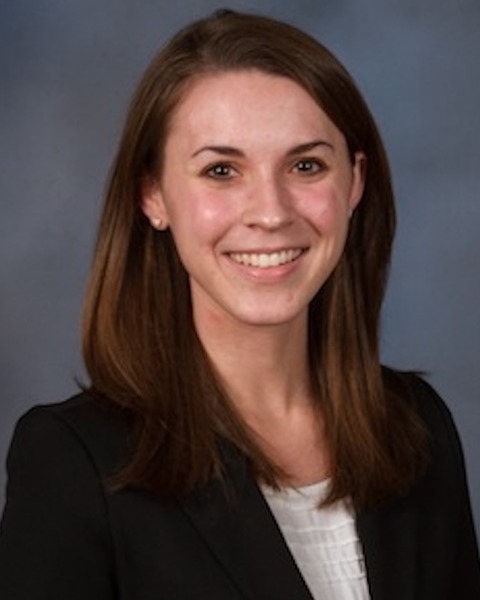Pediatric Critical Care Resident Curriculum: Providing Consistent Education in a Dynamic Environment
-

-
HH
Helen Harvey, MD, MS
Fellowship Program Director
Rady Children's Hospital - San Diego, United StatesDisclosure information not submitted.
-
CC
Christopher Cannavino, MD
Associate clinical professor
University of California, San Diego, United StatesDisclosure information not submitted.
First Author(s)
Co-Author(s)
Title: Pediatric Critical Care Resident Curriculum: Providing Consistent Education in a Dynamic Environment
Introduction: Pediatric residents rotate through the pediatric critical care unit (PICU) for 2 months over the course of their 3 year residency. It is typically one of the more arduous rotations as a resident due to patient volume and acuity, new emotional experiences, and long clinical hours. Our goal was to create a PICU resident curriculum that would provide consistent, structured, and multi-modal education highlighting the American Board of Pediatrics critical care content topics.
Methods: A prospective mixed methods education research study was conducted in a tertiary PICU from September 2020 to July 2021 with pediatric residents. Based upon the results of a curriculum needs assessment survey, a four-week curriculum was developed with an educational theme for each week: cardiac arrest and resuscitation, respiratory failure, shock, and neurocritical care topics. Instructional strategies included: selected journal articles and online resources for self-directed learning, hands on sessions, simulation, in person didactics, and discussion of current PICU patients. Pediatric residents completed a knowledge pre-test and post-test survey at the beginning and end of the PICU rotation. A post assessment survey evaluated resident confidence level using a Likert scale, evaluating their ability to manage PICU core concepts and skills learned during the rotation.
Results: 27 residents completed a pre-assessment and 18 of these residents completed the post-assessment (67%). The mean confidence level for taking care of critically ill pediatric patients pre intervention was 2.91 and significantly improved (p < 0.001) post intervention to a mean confidence level of 3.93. The mean correct score on the pre intervention knowledge assessment was 61% and increased to 74% post intervention.
Conclusions: The PICU is a unique learning environment due to the variety of medical and surgical pathologies, ever changing clinical picture, end of life decisions, and emphasis on team performance. The curriculum fulfilled our goal of developing diverse instructional strategies to provide consistent educational opportunities. The residents reported both improvements in confidence and knowledge after completing the curriculum. These results confirm that pediatric residents can benefit from a structured and multi-modal education curriculum.
